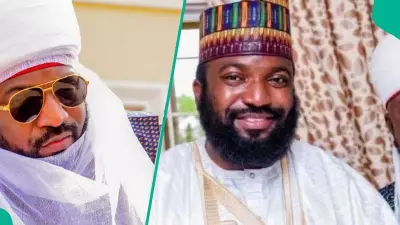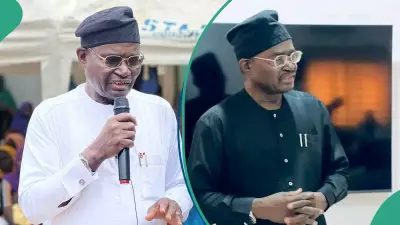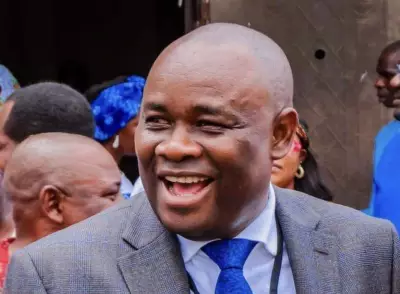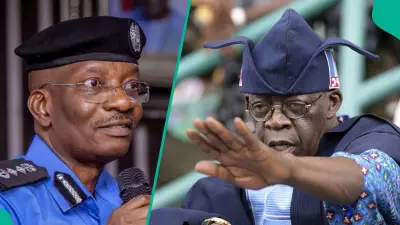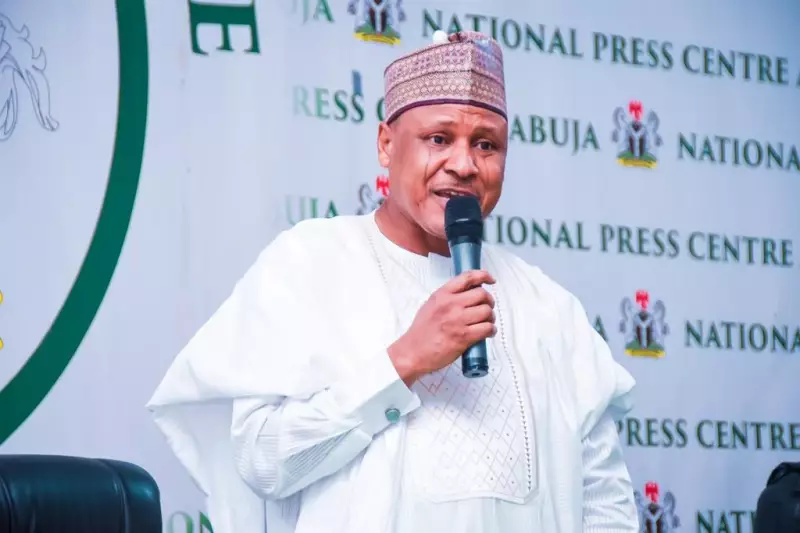
In a powerful televised rebuttal, Nigeria's Minister of Information and Culture, Alhaji Lai Mohammed, has firmly denied allegations that the Nigerian government is complicit in religious persecution against Christians.
The minister appeared on CNN's global platform to directly address what he termed "baseless accusations" circulating in international circles about systematic religious violence in Africa's most populous nation.
Government's Strong Stance Against Allegations
Minister Mohammed categorically stated that Nigeria does not engage in or condone religious persecution of any kind. "The narrative being pushed about religious genocide in Nigeria is not only false but dangerously misleading," he declared during the interview.
The minister emphasized that Nigeria's constitution explicitly guarantees freedom of religion for all citizens, and the government remains committed to upholding this fundamental right.
Addressing Security Challenges
While acknowledging the country faces security challenges in certain regions, Mohammed stressed that these issues are criminal in nature rather than religious. He explained that banditry, kidnapping, and terrorism affect Nigerians of all faiths equally.
"We have Muslims and Christians living and working together peacefully across Nigeria," the minister noted, highlighting the country's long tradition of religious coexistence.
International Perception vs Domestic Reality
The minister expressed concern about the gap between international perceptions and the reality on the ground. He urged the global community to verify facts before amplifying what he described as "unsubstantiated claims" that could damage Nigeria's international reputation.
Mohammed called for more balanced reporting that reflects the complex nature of Nigeria's security situation without reducing it to simplistic religious narratives.
The government's strong denial comes amid increasing international attention on religious dynamics in Nigeria, with the minister's CNN appearance representing a significant effort to shape the global conversation about the country's religious landscape.



